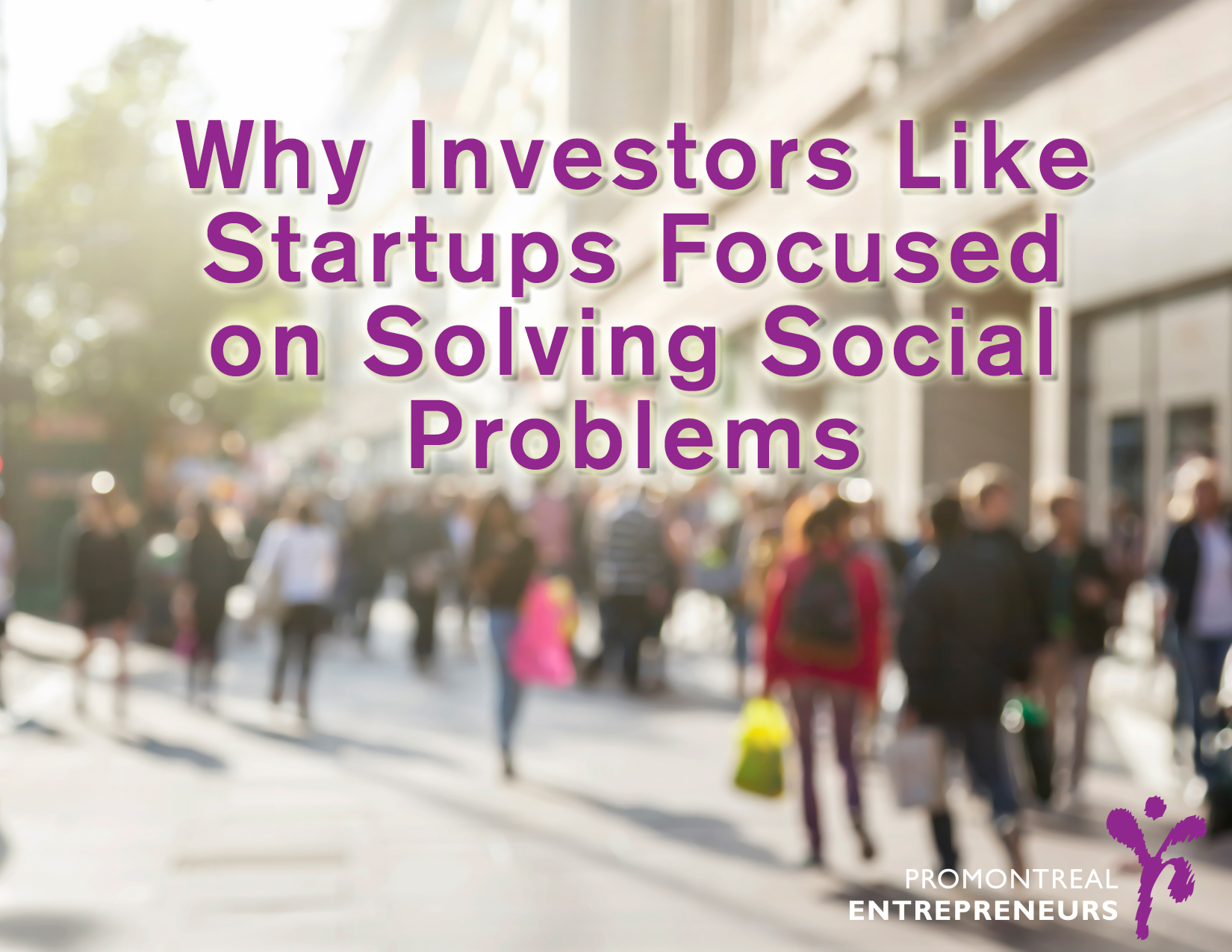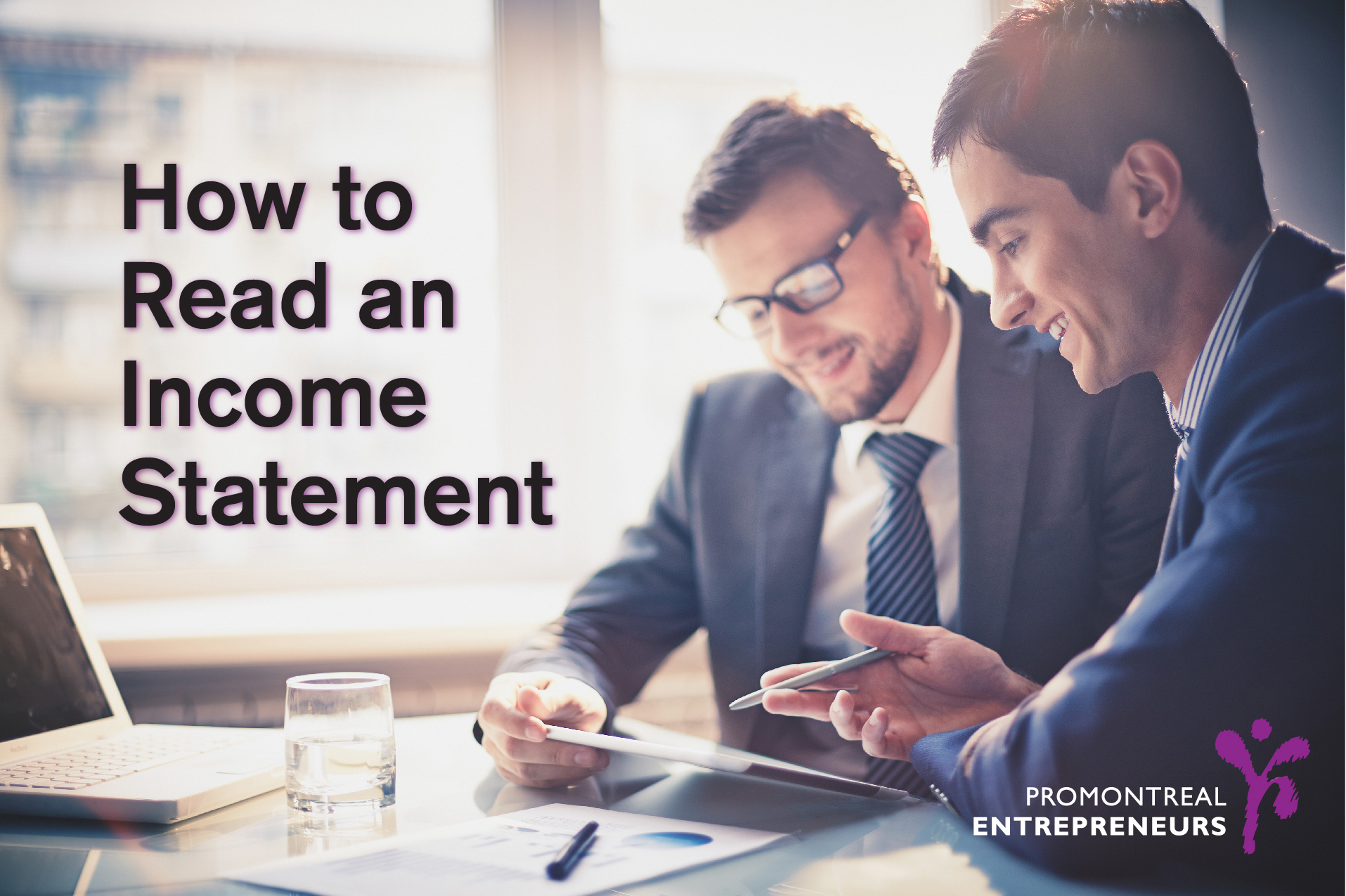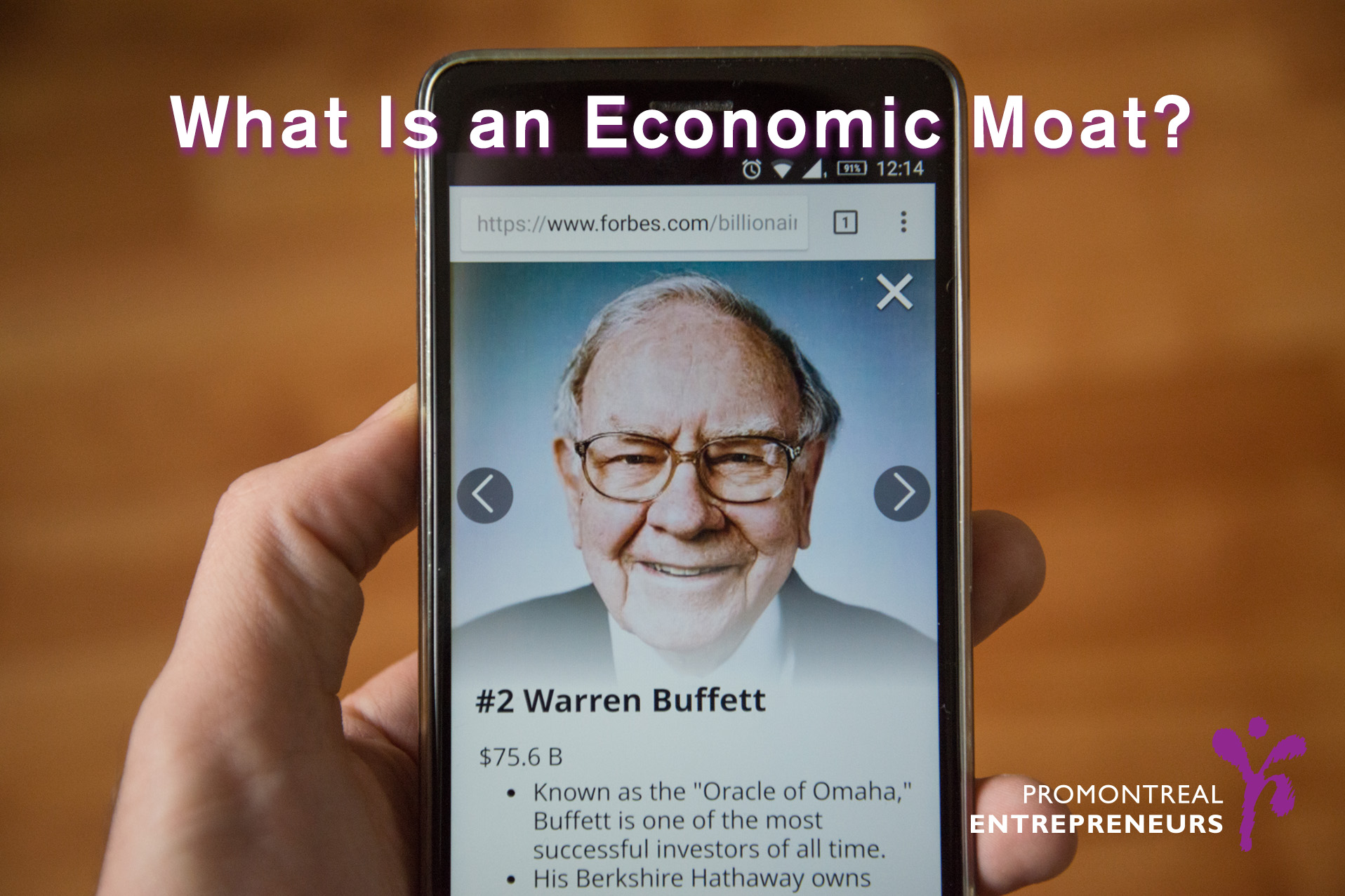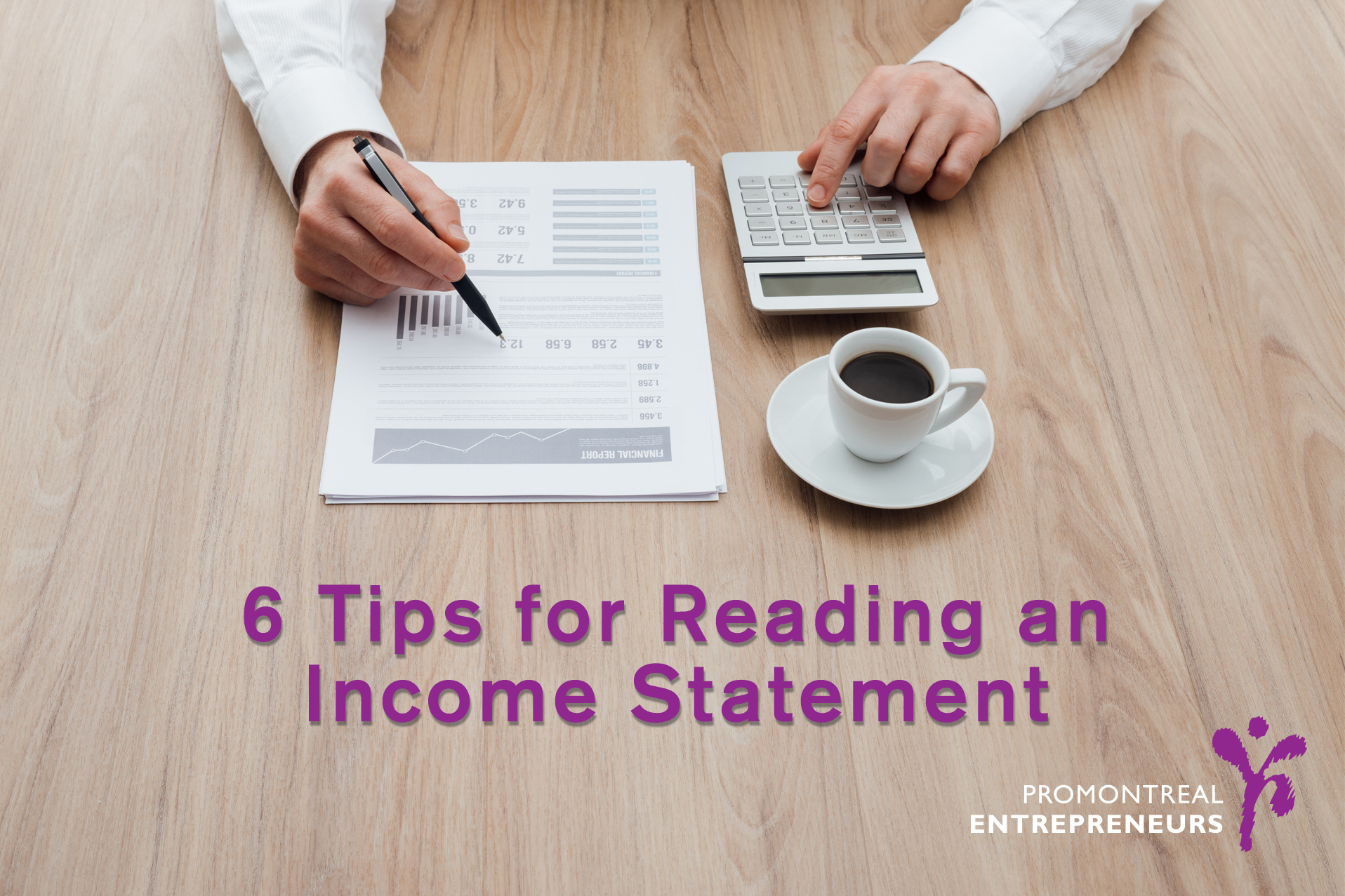Finding the right location for your business is one of the most crucial tasks you’ll have to undertake as a business owner. The matter no longer solely questions the physical location of your business, but also whether a physical location is even needed. It’s a difficult decision that requires you to take into consideration almost all aspects of your business functioning, whether that be cost and revenue, or branding. There are many moving pieces to this puzzle. Here are the most important factors you should consider when looking for a business space.
1. Demographics of an Area.
When considering demographics, you should think about two important angles. First, you should think about who your customers are and how close they are to your location. This is critical for some service providers and retailers but not so for other businesses. The demographic profile that you have for your target audience will allow you to make this decision. The area you plan to establish your business in should be attractive to members of your target market. This, will be more important to some business owners as opposed to others.
For instance, those working in retail or the restaurant business should take this more seriously than those working in legal offices. The accessibility of your location to members of your market should be one of the first things you consider. Secondly, you should consider your community. Is your customer base local, and does a percentage of it support your business or match your customer profile? When choosing communities that are largely dependent on a specific industry, you need to be careful because a slump can be bad for business.
2. Look Out for Nearby Competition
Finding the right location is serious business. There are many factors to consider in your decision making and often times it will require compromise. Whilst a perfect business location is different for every business, covering these crucial areas will certainly give you the best chance of beating the odds and keeping your business on track for future success.
3. Consider the Foot Traffic of the Area
Foot traffic is simply the presence of movement of people walking around in a particular space. It is important for businesses since it refers to those exposed to commercial establishments, whether they are walking or driving by the building. While this may be of more importance for businesses in retail, it should not be undermined by those running offices. Accessibility is important regardless of your industry. It is crucial that you consider the kind of foot traffic you need, and do a scan of the area to see if your goals and foot traffic line up. Remember, not everyone who comes by your business is going to leave with a purchase. So the more people you have in proximity, and the more accessible your business is to the general public, the higher your chances of turning a profit.
4. Look at the Success of Other Businesses in the Area
As the old saying goes, you are who you surround yourself with. Have a look around the area to see how successful the businesses in the area are. If businesses in the area are booming, chances are the traffic they bring in the area will help you out. It can also mean that the area you are in is up and coming. On the other hand, if businesses aren’t doing well, you should probably rethink your move. For one, you shouldn’t be too confident as to carry the burden of reviving the area.
5. Is the Building High Quality with a Good History?
Surroundings aside, you should examine the property itself. Whether it is in good shape or needs renovation matters. Establishing whether the property management company undertakes responsibilities over common areas matters as well. In order to make proper assessment speaking to previous and nearby tenants is a must. If the property requires too much work and money, this is can be a red flag depending on the area and the cost associated. Additionally, if you are buying a large piece of land make sure to check the Registry for servitudes or other rights attached to your property.
6. How Much Would It Cost Monthly and What Does the Lease Look Like
Rent can be heavy burden to businesses located in hot-spot areas. What you must pay particular attention to is not just the cost, but the measures you will have to take if ever you want to get out of your lease. Make sure to read all details in order to see if there are any restrictions to the things you can do to the property (ex. Artwork on your walls, staying open after a certain hours, etc.)
7. Check for Adequate Parking and Accessibility
There is nothing a person hates more than driving around to look for parking, just to realize their time is better spent elsewhere. Being located in an area with enough parking isn’t mandatory. But if this is not the case, make sure the area is easily accessible by public transit. This is not only important for your customers, but for your employees as well. Subsequently, if you decide to create or buy an existing parking lot, make sure it is well taken care of.
8. How Does Your Business Plan to Operate?
This is all about figuring out your style of operation. Are you going casual? Professional? Formal? The area you where you will set up shop, especially for restaurants and retailers, has a lot to do with the vibe you are putting out. You must make sure that your style of operation and the area you are in are compatible. It must be in line with the demographics and audience you are working with.
Finding the right location is serious business. There are many factors to consider in your decision making and often times it will require compromise. Whilst a perfect business location is different for every business, covering these crucial areas will certainly give you the best chance of beating the odds and keeping your business on track for future success.








